Antigua vs Grenada Citizenship - CBI Programme Comparison
Both Grenada and Antigua citizenship by investment (CBI) programmes provide an efficient route to a second passport, with a diverse range of benefits. Grenada is renowned for its stunning white sand beaches, lush mountainous landscapes, rainforests and some of the friendliest people in the world. Antigua and Barbuda are also renowned for their pristine beaches. This article compares the key aspects of Grenada vs Antigua citizenship to assist you with making the right decision.
.png)
Choosing between Grenada vs Antigua citizenship through their Citizenship by Investment programmes is not easy. Both countries provide access to a second passport and a comparison of Grenada vs Antigua citizenship highlights differences in investment requirements, programme benefits, and visa-free travel offerings. For busy individuals navigating the world of Caribbean second passports, determining the best CBI programme depends on understanding these key distinctions. We have written this Grenada vs Antigua citizenship comparison article to highlight the similarities and differences and guide you to make an informed decision by analysing their unique attributes and accurate information.
Grenada vs Antigua citizenship - comparison of key CBI aspects
Programme History
Antigua and Barbuda introduced its Citizenship by Investment Programme in 2013 to support economic growth through tourism, infrastructure, and public services.
Grenada relaunched its citizenship programme in 2013 (originally created in 1995), refining its framework to meet rigorous international due diligence and transparency standards.
Dual Citizenship in Grenada and Antigua
Both nations fully support dual citizenship, allowing investors to retain their original nationality while enjoying second citizenship benefits.
Grenada and Antigua Investment Requirements
- Grenada:
- Non-refundable Donation: US $235,000 (for a single applicant or families up to four) to the National Transformation Fund
- Real Estate Investment: US $270,000 (for a single applicant or families up to four) in government-approved developments.
- Antigua:
- Non-refundable Contribution: US $230,000 (for a single applicant or families up to four) to the National Development Fund.
- Real Estate Investment: US $325,000 (for a single applicant or families up to four) in government-approved property.
For detailed comparisons and to estimate costs for your family, visit the Grenada CBI Pricing page, Antigua and Barbuda CBI country page or use the Passport Cost Calculator.
Family Inclusion
Both programs are family inclusive. Applicants can include spouses, children, parents, grandparents, and siblings, providing a path to citizenship for the entire family.
- Grenada: allows inclusion of spouse, children up to age 29, financially dependent adult children, parents/grandparents over 55, and unmarried siblings with no children.
- Antigua: permits inclusion of spouse, dependent children under 30, dependent unmarried siblings of the main applicant or spouse, parents and grandparents over 55.
.png)
Grenada and Antigua Residency Requirements
- Grenada: There are no physical presence or residency requirements, offering complete flexibility.
- Antigua: A one-time 5-day visit is required within the first five years after citizenship is granted.
Grenada and Antigua Passport Strength
- Grenada: Enjoy visa-free or visa-on-arrival travel to over 140 destinations including the UK, EU Schengen states, China, Russia, India, Brazil, and Argentina. Notably, Grenada holds an E-2 Investor Visa treaty with the U.S., enabling citizen residents to live and operate businesses there.
- Antigua: Similar visa-free access to over 140 countries; however, it does not offer entry to Argentina or eligibility for the U.S. E-2 visa.
Grenada and Antigua Tax Advantages
- Grenada:
- No worldwide income tax, capital gains tax, or inheritance tax
- Residents enjoy a personal allowance of XCD 36,000, with incremental income tax rates ranging from 10% to 28%.
- Non-residents are taxed on Grenadian-sourced income only.
- Property tax ranges from 0.2% to 0.5% of property value.
- Antigua:
- No worldwide income tax, capital gains tax, or inheritance tax
- No personal income tax for both residents and non-residents.
- Property tax ranges from 0.2% to 0.5% of property value.
Learn more about it in our taxation in Caribbean article.
Validity & Renewability of Citizenship in Grenada and Antigua
- Grenada: Citizenship is permanent and irrevocable; passports are renewed every 10 years.
- Antigua: Citizenship is lifelong; passports are initially valid for 5 years, then renewed for 10-year periods.
Processing Time in Grenada and Antigua
- Grenada: Citizenship processing takes approximately 6-8 months.
- Antigua: Citizenship is generally processed within 5-6 months.
Application Flexibility
Both programmes allow for remote application submission, online interviews, and the Oath of Allegiance can be taken remotely or in-person in either jurisdiction.
Why Choose Grenada for CBI? 3 Key Aspects
The Grenada Citizenship by Investment programme offers a unique blend of advantages that make it highly attractive for global investors and families. Here are three compelling reasons to consider obtaining a second passport from Grenada:
1. Enhanced Global Mobility: A Grenadian passport opens doors to visa-free or visa-on-arrival travel to over 140 countries worldwide. Key destinations include the United Kingdom, Europe’s Schengen Area, China, India, Russia, Brazil, Argentina, Malaysia, and a vast majority of Central and South America, as well as major African nations.
2. Access to High-Quality Real Estate Projects: One of the most popular pathways to Grenadian citizenship is through investing in high-quality, government-approved real estate projects. Options include luxury resorts, beachfront villas, and eco-friendly developments. These investments not only fulfil CBI requirements but also provide rental income and add a tangible asset to your portfolio while granting you Grenadian citizenship.
3. Family Inclusion: The programme allows your entire family, including spouse, children, parents, grandparents, and siblings, to apply, ensuring that all loved ones enjoy the benefits of Grenadian citizenship. The passport is valid for life, and Grenadian citizenship can be passed down to future generations, providing long-term benefits to your descendants.
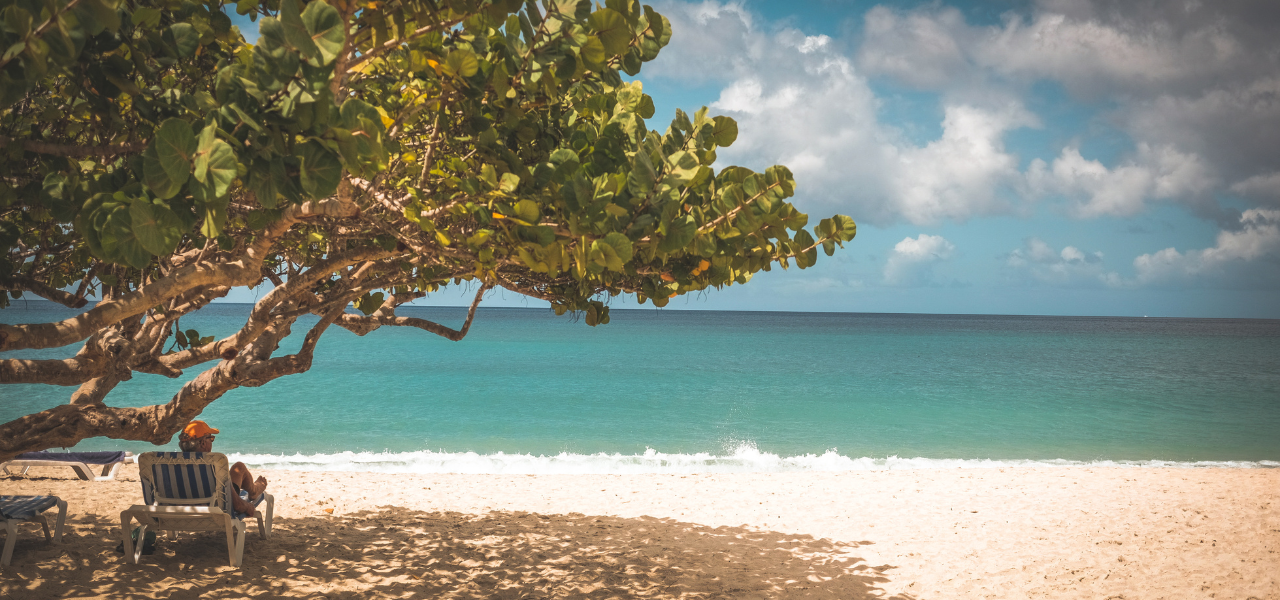
Grenada Citizenship - Overview of Grenada
When considering Grenada vs Antigua citizenship, one of the unique benefits of citizenship in Grenada is that Grenada is the only Caribbean country whose citizen residents are eligible for the E-2 Visa that offers investors the opportunity to settle in the USA. But to be eligible for that, you will have to reside in Grenada for a minimum of 3 years. Below is a short overview of the island.
- Grenada, the "Spice Isle," is a major global producer of nutmeg, mace, and organic cocoa, which are integral to some of the finest chocolates. The country also includes the smaller islands of Carriacou and Petite Martinique in the Southern Grenadines.
- St. George’s, the capital of Grenada, is situated in the southwest of the island and serves as both the administrative centre and major seaport of the country. The town is built around St. George’s Harbour, a natural harbour divided into two key areas: the Carenage to the northeast, close to the town’s core, and the Lagoon to the southeast, where the island’s main port and marina are located.
- Just 5 kilometres south of St. George’s lies Grand Anse Beach, Grenada’s most famous and beloved shoreline. Stretching over 3 kilometres, this beach is renowned for its fine, white sand and the gentle waves of the azure Caribbean Sea. Grand Anse is home to several of the island’s premier resorts and luxury hotels, making it a key destination for visitors. Despite its popularity, the beach never feels overly crowded, even as it attracts a mix of tourists, locals, and students from St. George’s University. Grand Anse is a hub of watersports activity, with dive shops providing services such as scuba-diving lessons, boat trips, snorkelling, ocean kayaking, and Hobie Cat rentals.
%252520(600%252520x%252520934.1%252520mm).png)
Why Choose Antigua and Barbuda for CBI? 3 Aspects
1. Tax Advantages: Antigua and Barbuda is celebrated for its tax-friendly policies, including no capital gains tax, no inheritance tax, and no wealth tax. These benefits make the Antigua and Barbuda Citizenship by Investment programme an attractive choice for those seeking to reduce their tax burdens while enjoying the advantages of Caribbean citizenship.
2. Global Mobility: An Antigua and Barbuda passport provides visa-free or visa-on-arrival access to over 140 countries worldwide, including major destinations such as the United Kingdom, Europe’s Schengen Area, China, Russia, Brazil, and India. This travel freedom is especially advantageous for those with international business interests or a love for global exploration.
3. Quick Processing Time: The Antigua and Barbuda Citizenship by Investment programme is typically granted within 4 to 6 months. The process ensures that applicants can quickly acquire their second passport from Antigua and Barbuda. with no physical residency requirements except for a brief 5-day stay in the first five years. Citizenship is valid for life and can be passed down to future generations, ensuring long-term benefits for your family.
.png)
Antigua and Barbuda Citizenship - Country Overview
- Antigua and Barbuda, a dual-island nation in the Lesser Antilles, lies between the Atlantic Ocean to the north and east, and the Caribbean Sea to the south and west. Antigua, the larger island, is famed for its remarkable claim of 365 beaches, one for every day of the year, and a rich maritime history. In contrast, Barbuda offers a peaceful retreat, celebrated for its unspoiled natural beauty and ecological diversity.
- Tourism stands as the cornerstone of Antigua and Barbuda’s economy. The islands' cultural identity is shaped by African, British, and broader Caribbean traditions, which are evident in their vibrant music, culinary offerings, and festive celebrations.
- St. John's, the nation's capital, is positioned on the northwest shore of Antigua. As a bustling cruise port, the city draws numerous visitors, thanks in part to its proximity to lively beach destinations like Runaway Bay and Dickenson Bay, both well-known for water sports and social energy.
- English Harbour, a notable historic site, features Nelson’s Dockyard—an 18th-century naval facility recognized as a UNESCO World Heritage Site. Once a key military outpost during British colonial times, it now serves as a popular destination for yachting enthusiasts. On Sundays, nearby Shirley Heights hosts a festive gathering that includes Caribbean music, local food, and stunning sunset views.
- Roughly 40 kilometres north of Antigua lies Barbuda, the quieter of the two islands. Known for its soft pink sands, most notably at Pink Sand Beach, Barbuda also holds environmental significance. It houses the Frigate Bird Sanctuary, among the largest in the Western Hemisphere, offering visitors a chance to witness thousands of frigate birds in their native surroundings.
%252520(600%252520x%252520934.1%252520mm)(1).png)
Final Thoughts: Antigua or Grenada Citizenship?
When weighing Grenada vs Antigua citizenship, Grenada's Citizenship by Investment (CBI) programme stands out for its exceptional combination of global mobility, U.S. E-2 investor visa eligibility for Grenadian residents, and attractive real estate investment opportunities. With no residency requirements, quick processing times, and opportunities for family inclusion, Grenada offers unmatched benefits in the global CBI landscape.
Antigua and Barbuda CBI, while offering slightly faster processing, lacks some of Grenada’s unique benefits such as E-2 visa eligibility. However, both programmes provide excellent options for travel freedom and are similar in many respects. While the ultimate choice depends on unique situations and circumstances, overall, Grenada is the preferred choice for most families.
FAQs

Who can receive Grenadian or Antiguan citizenship through CBI?
Anyone meeting the programme's eligibility requirements, including passing due diligence checks, can apply. Both programmes accommodate single applicants and families.
Can Grenadian or Antiguan citizens work in the United States?
Grenadian citizen residents can access U.S. opportunities via the E-2 Visa, whereas Antiguan citizens do not qualify for this pathway.
What happens if my application is rejected?
Applicants will not be granted citizenship, and initial fees already made will be non-refundable. The investment is only required after receiving approval in principle for the citizenship application. Grenada’s and Antigua's programmes uphold stringent transparency and fairness. Ensuring you meet the due diligence criteria beforehand is crucial.
Which programme offers better business opportunities?
Both are similar, providing excellent regional opportunities through CARICOM membership, although residents of Grenada can also enjoy U.S. E-2 investor visa eligibility.
How do flight connections compare between these two nations?
- Grenada: Offers direct flights to New York, Miami, London, and Toronto, among others.
- Antigua: Provides excellent connectivity to the U.S., UK, and Canada, with additional European routes.
What other Caribbean nations provide CBI options?
Dominica, St. Lucia, and St. Kitts & Nevis offer additional options alongside Grenada CBI and Antigua CBI. So, overall five Caribbean nations currently offer Citizenship by Investment.




.svg)





.png)
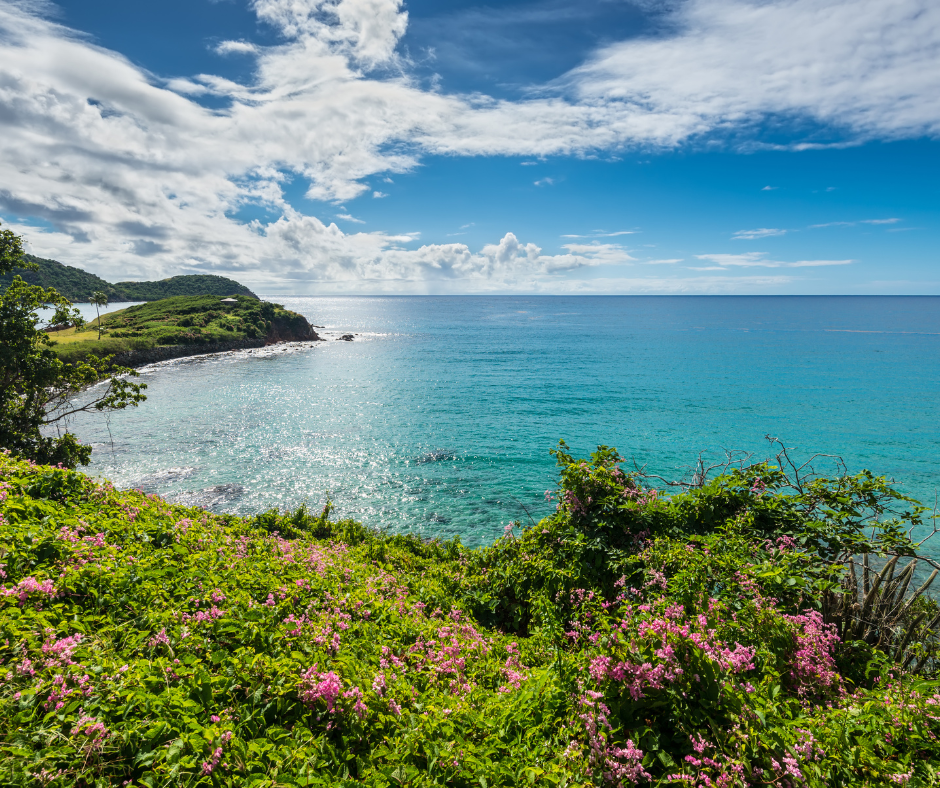
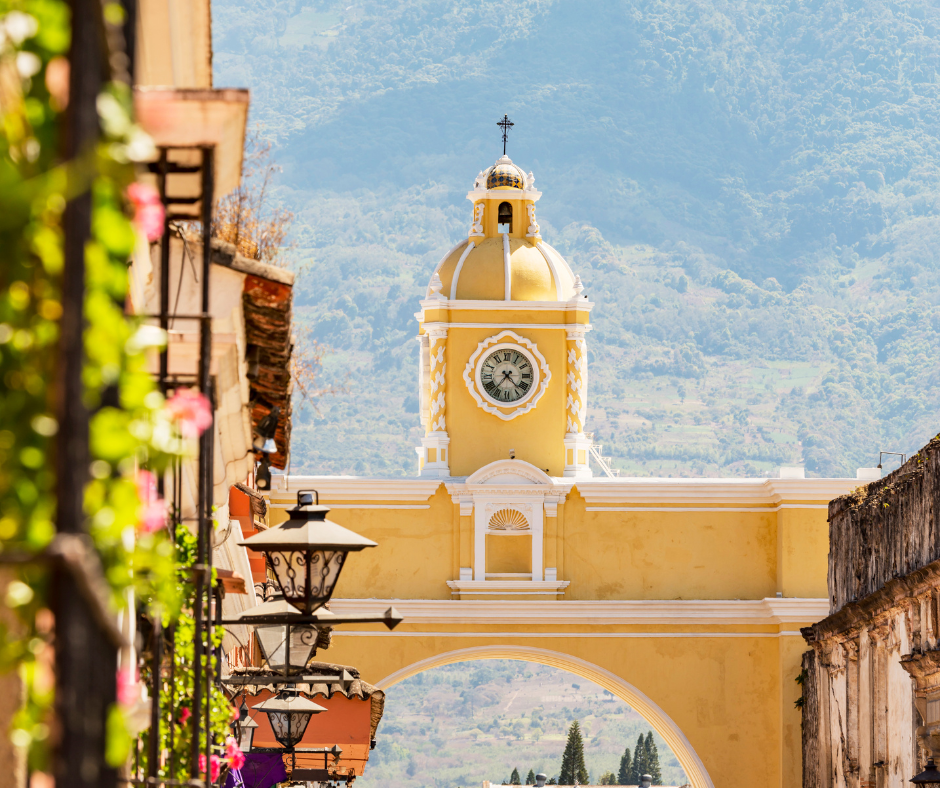
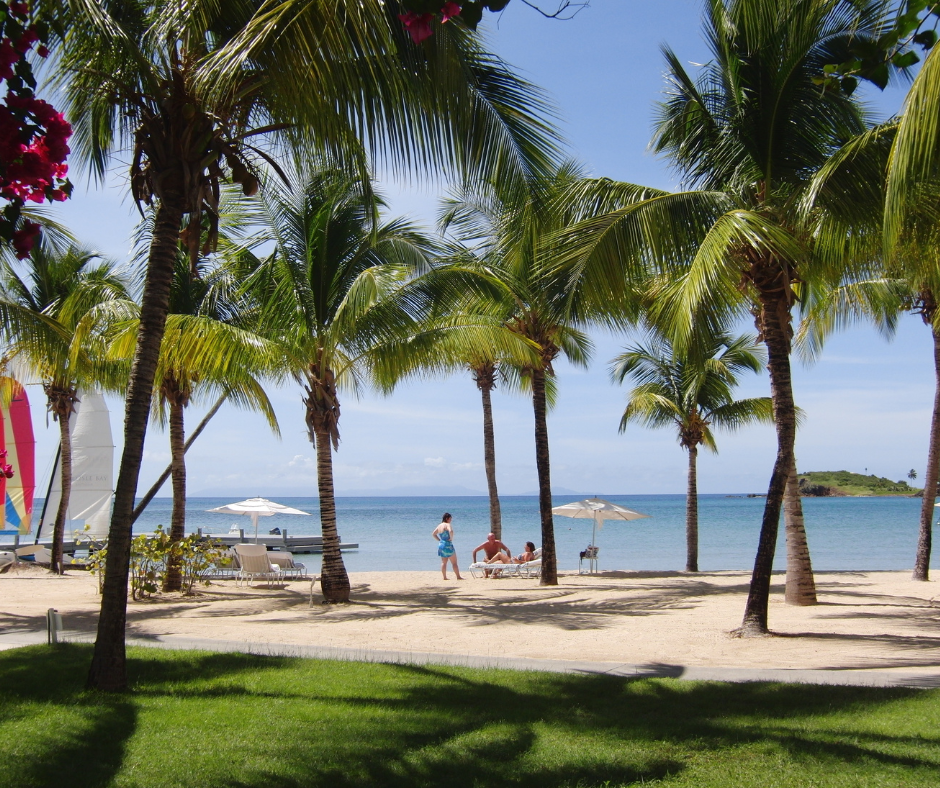
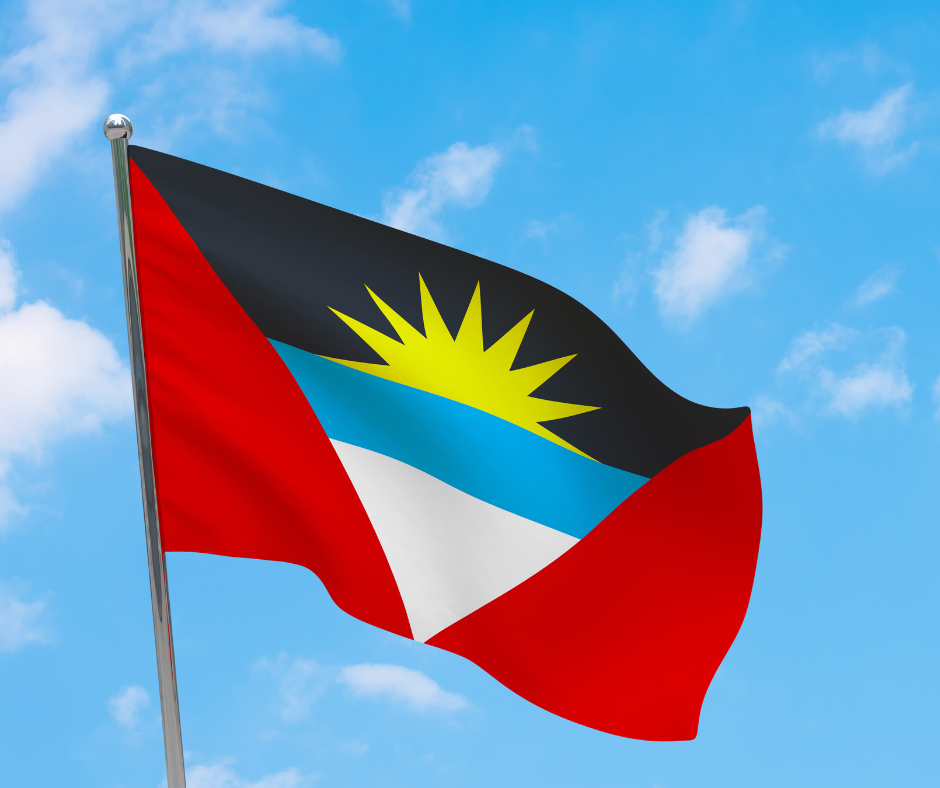

.png)
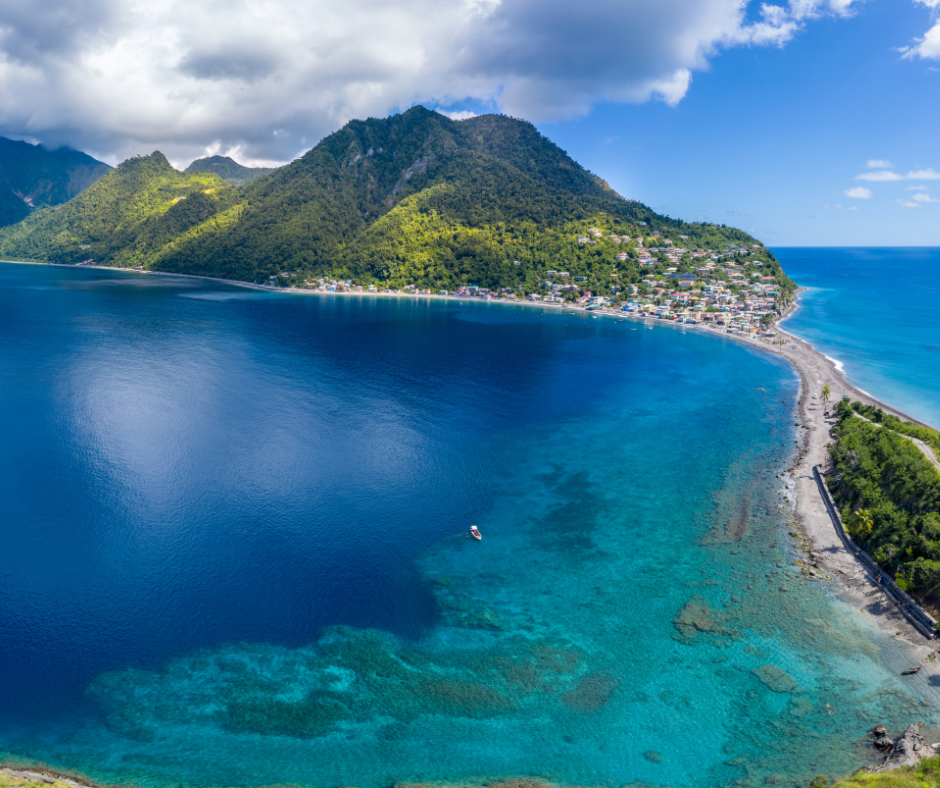

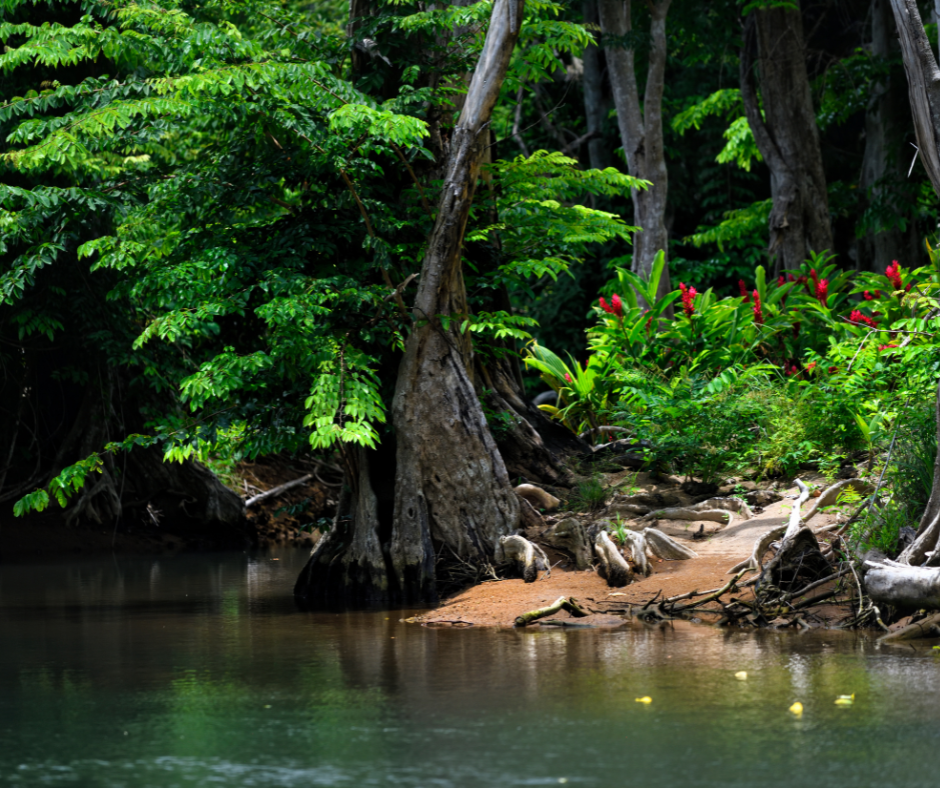
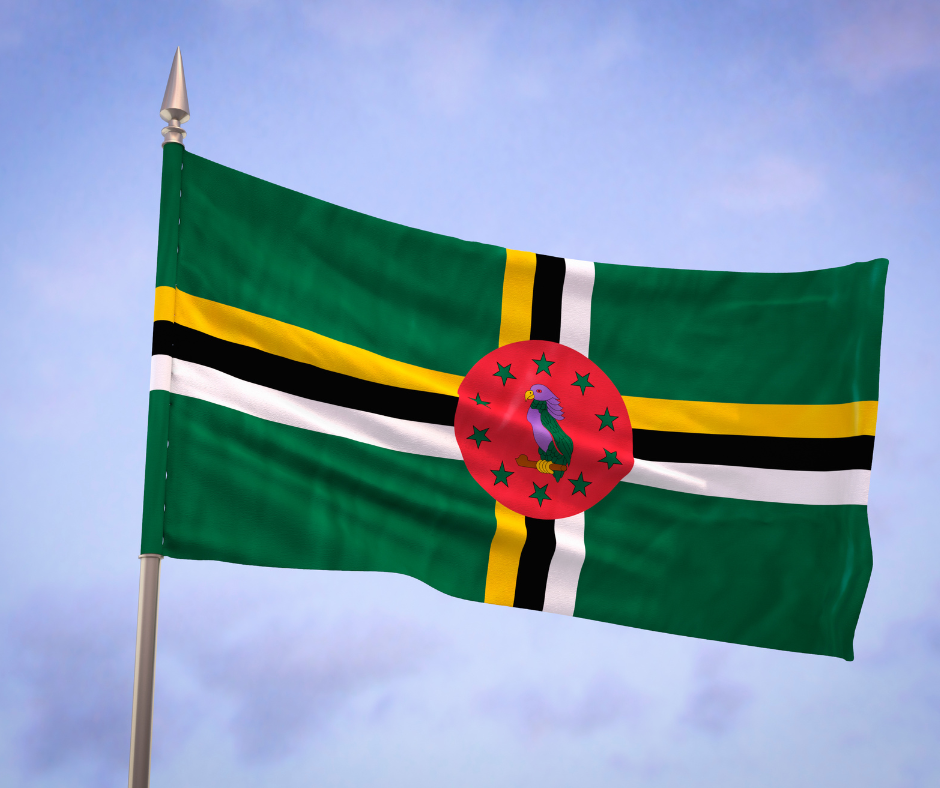

.png)
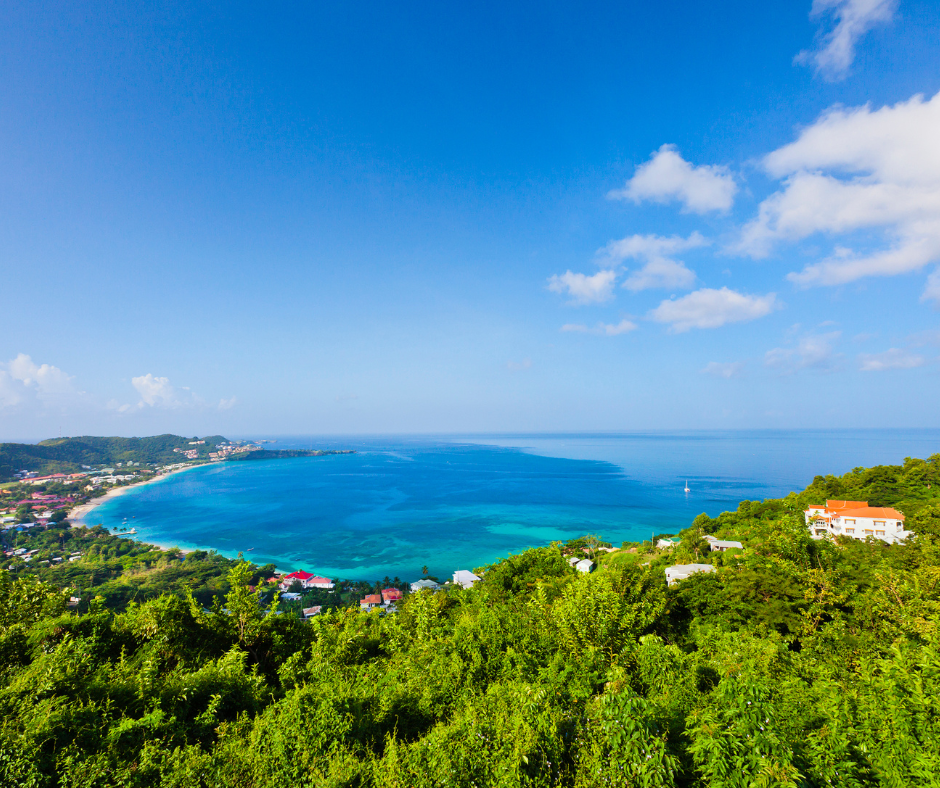
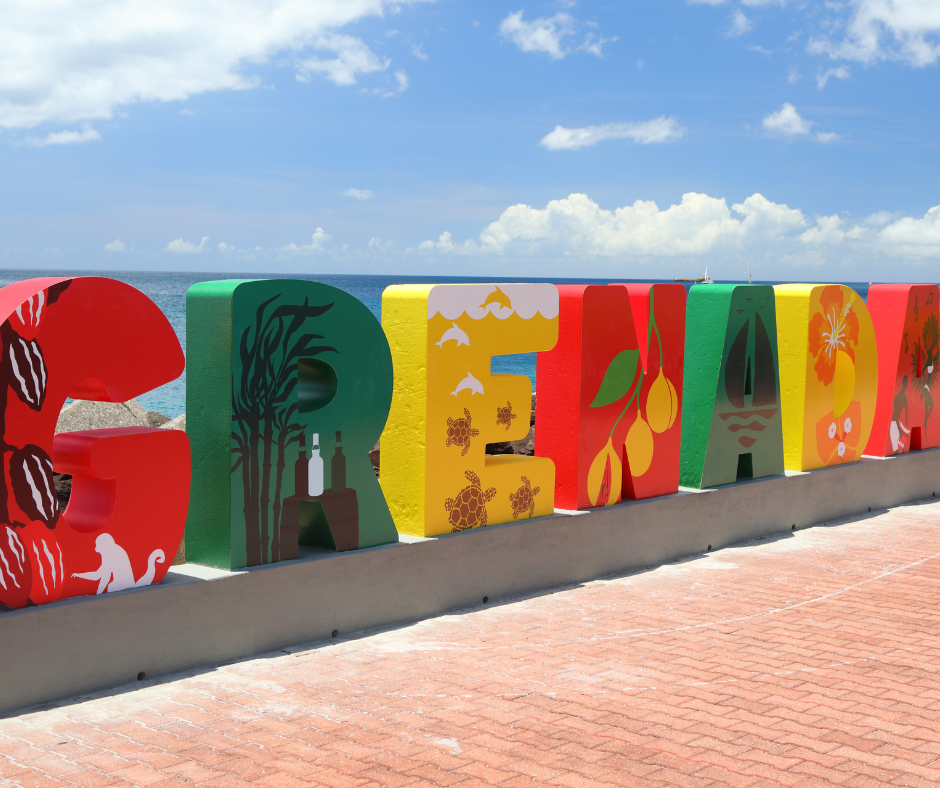
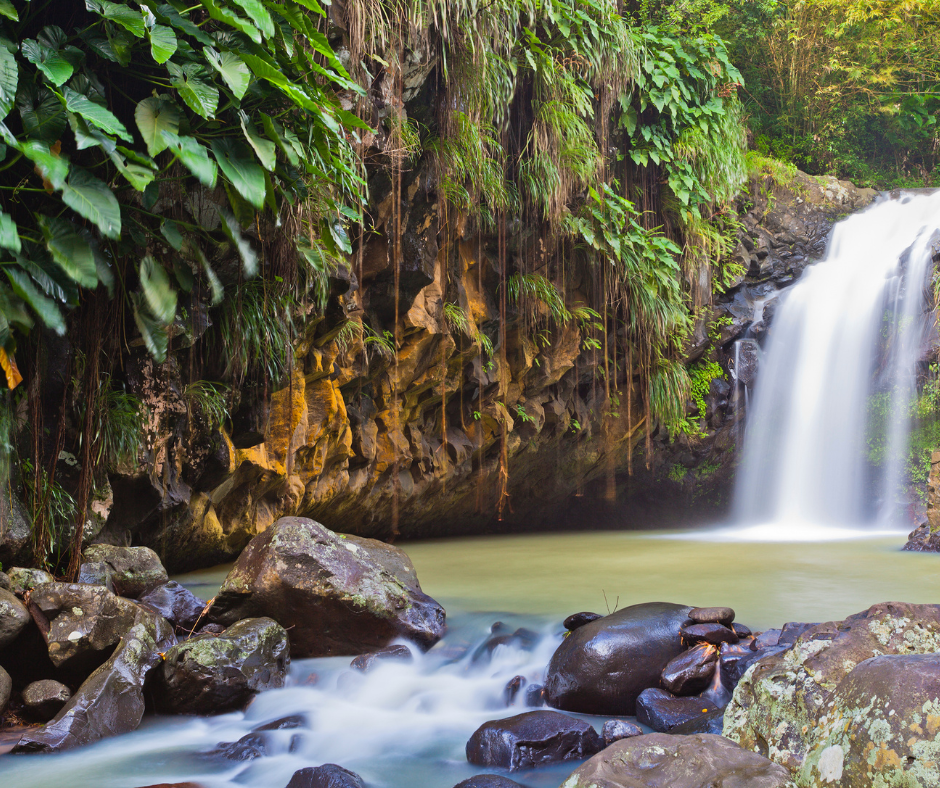
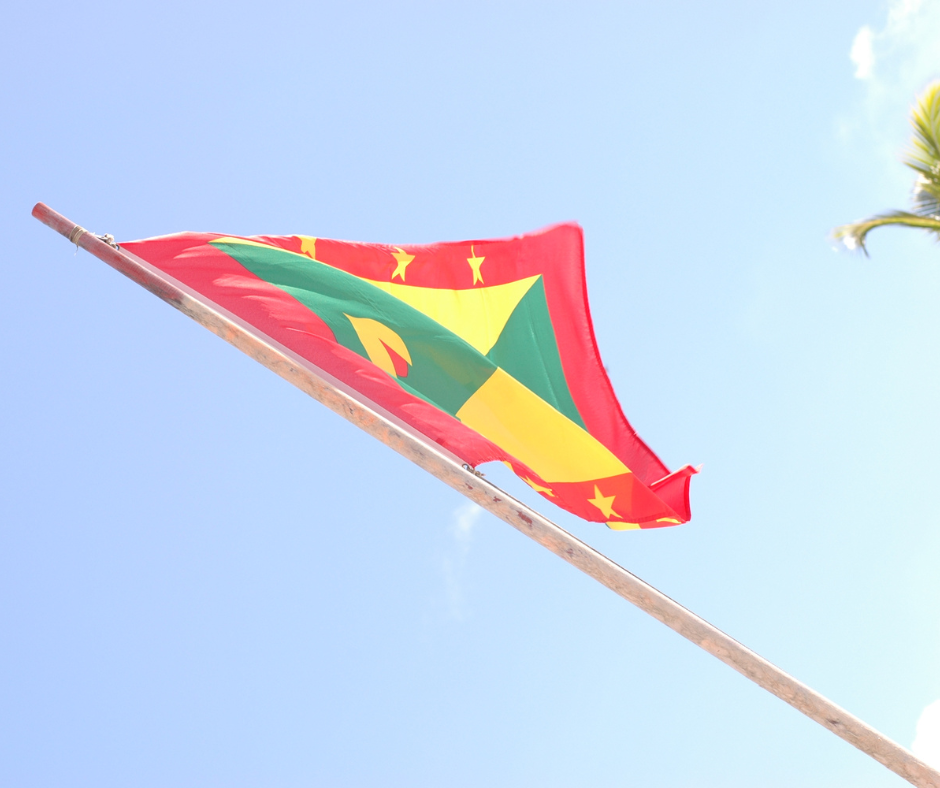
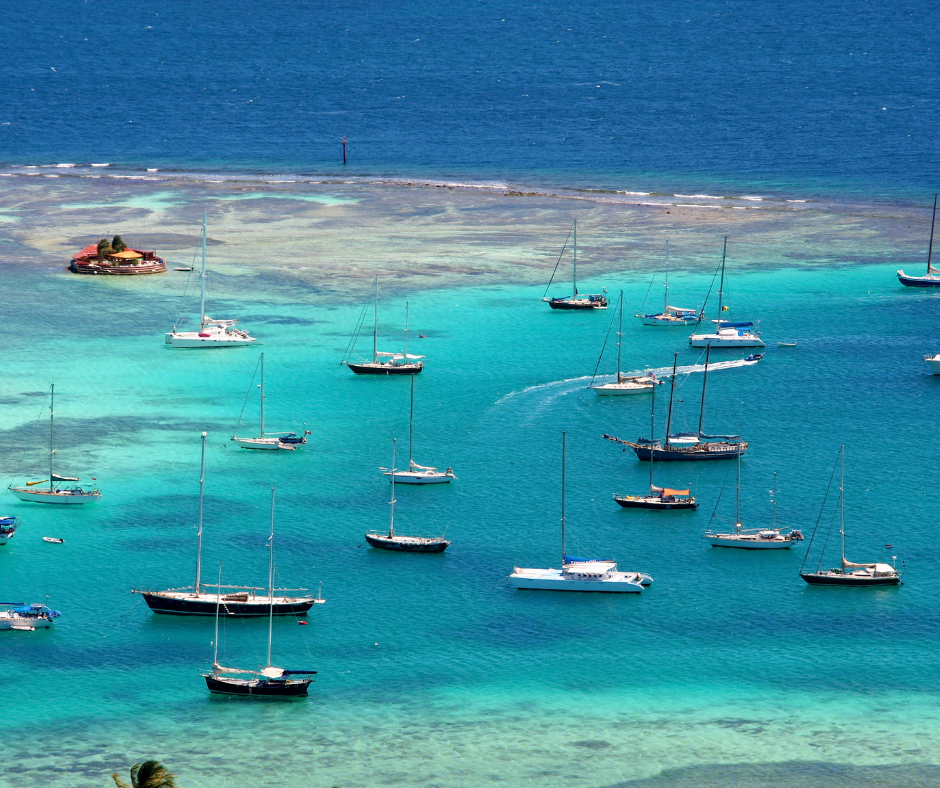
.png)
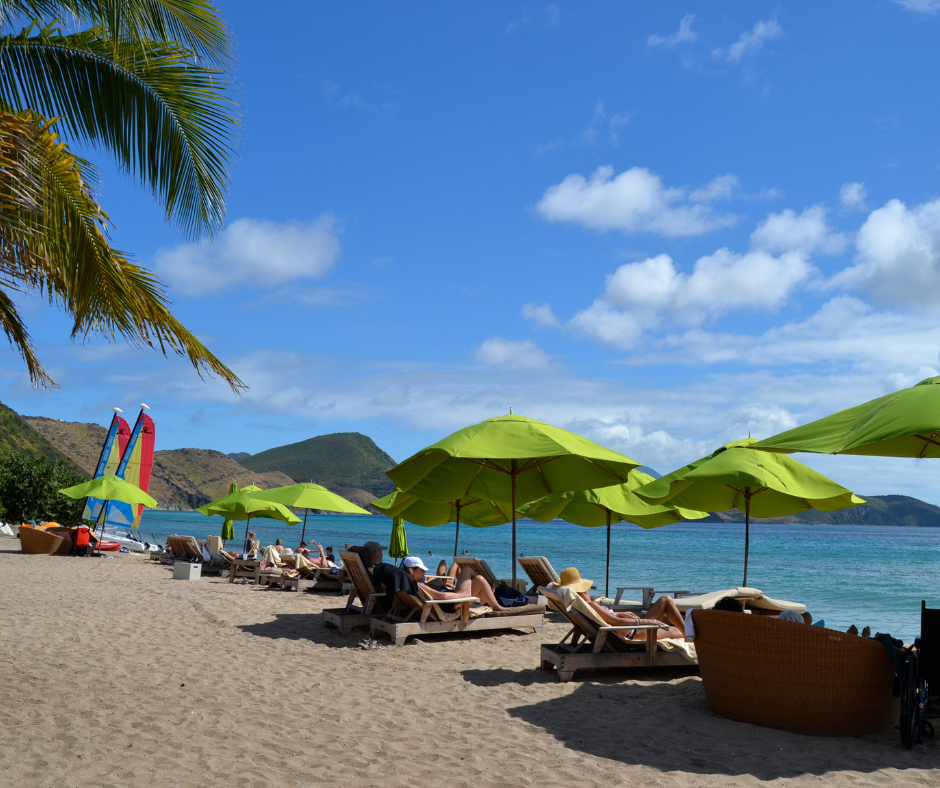
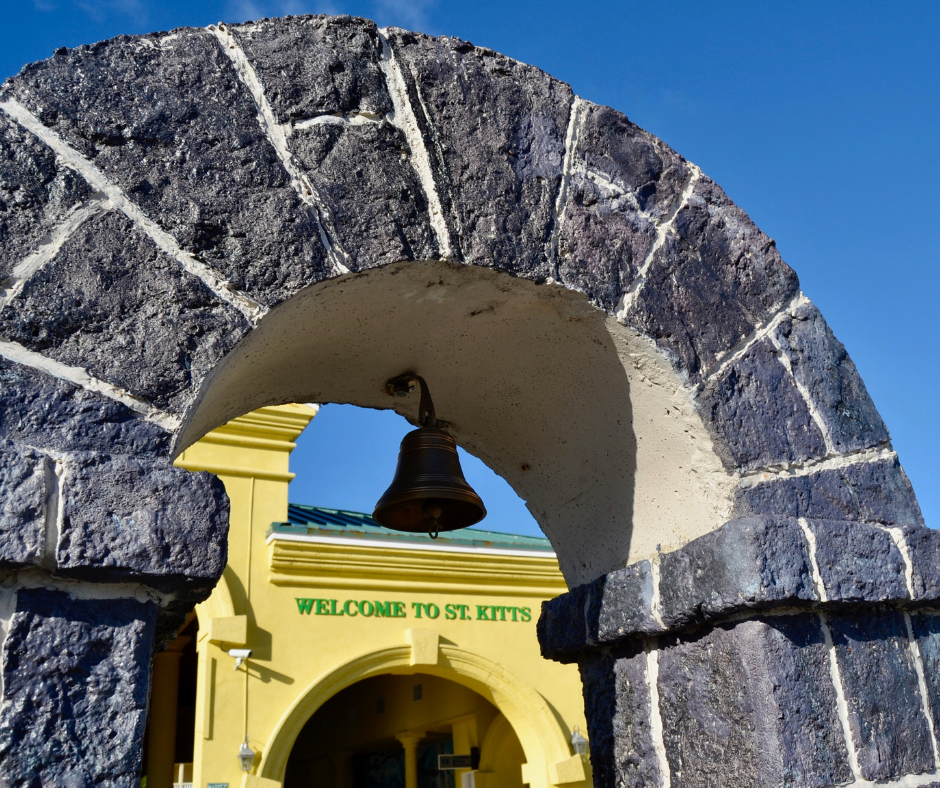
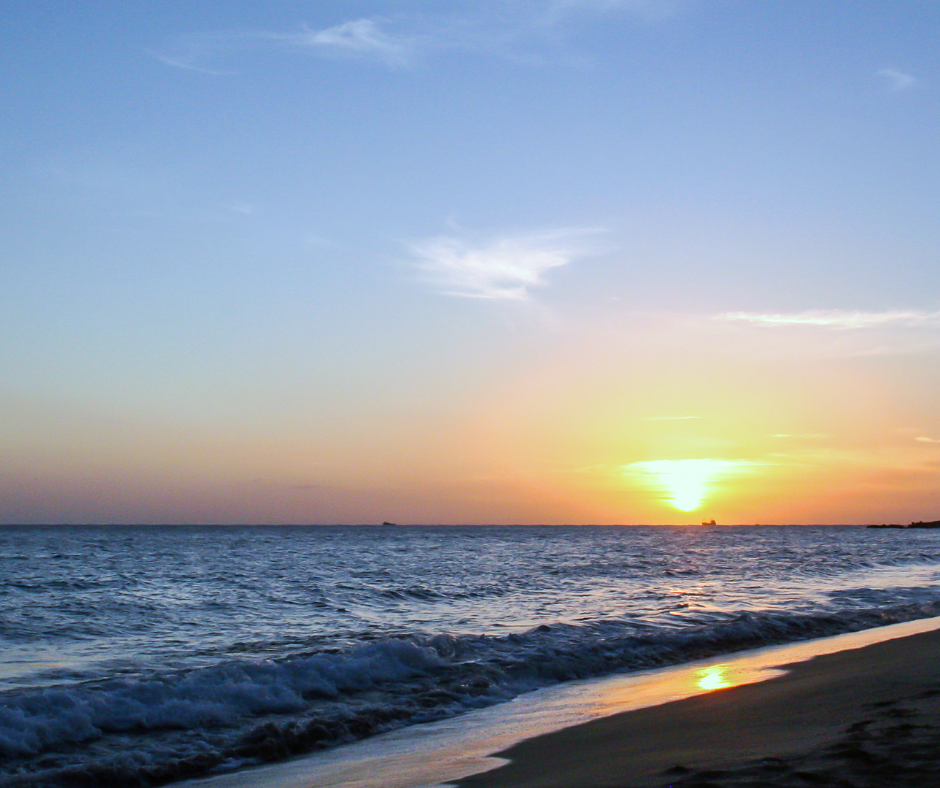
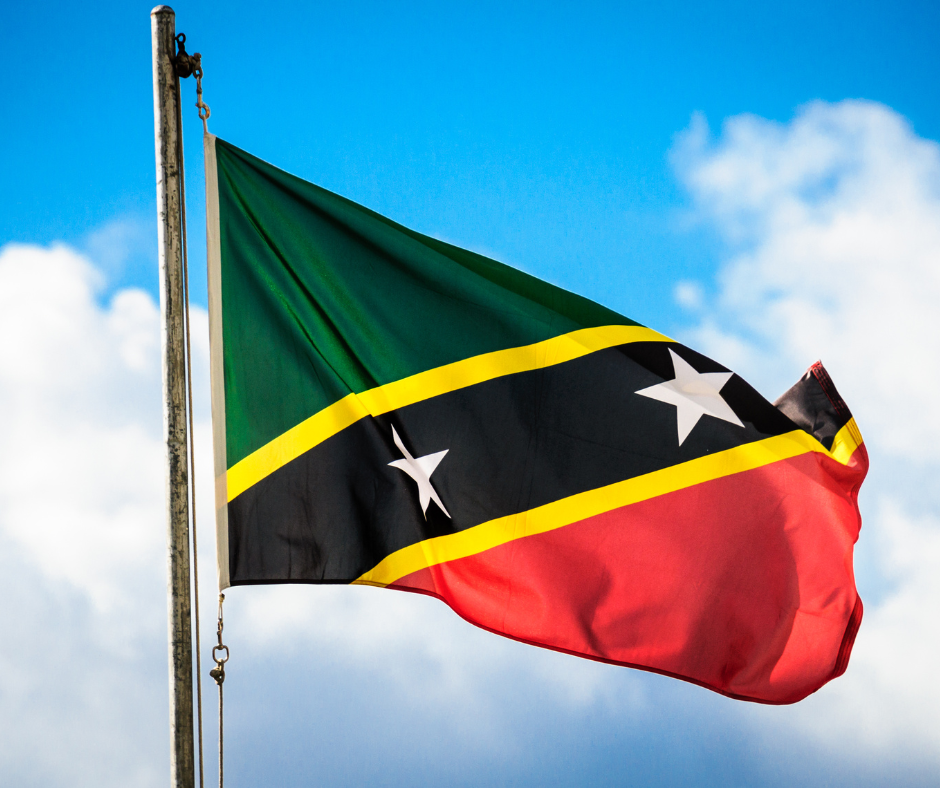
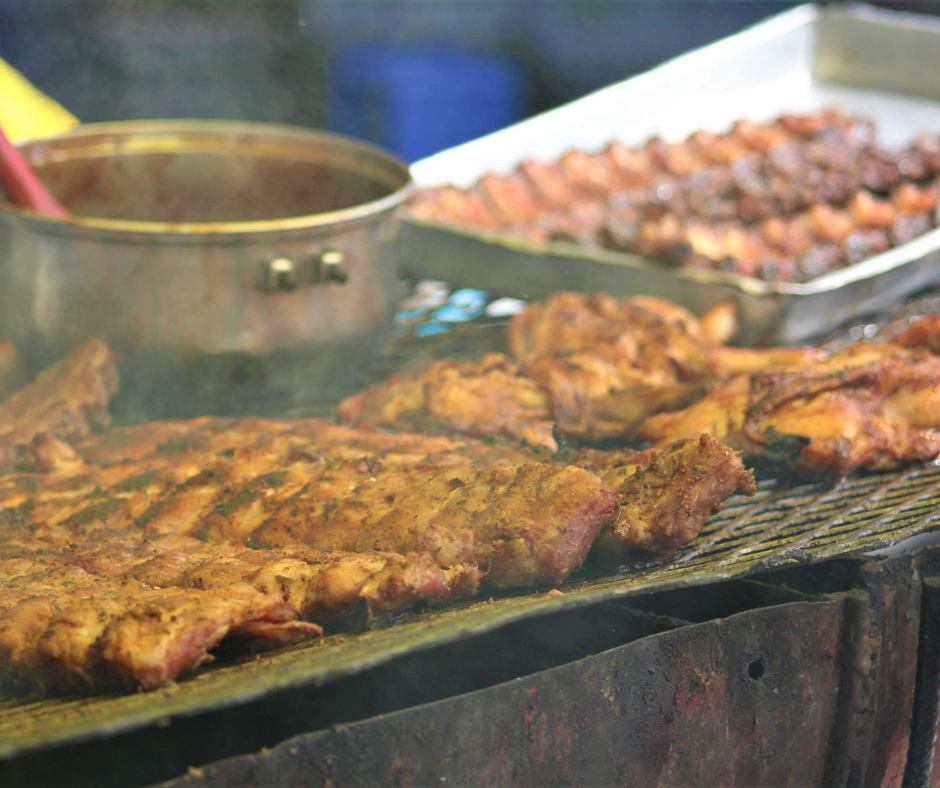
.png)
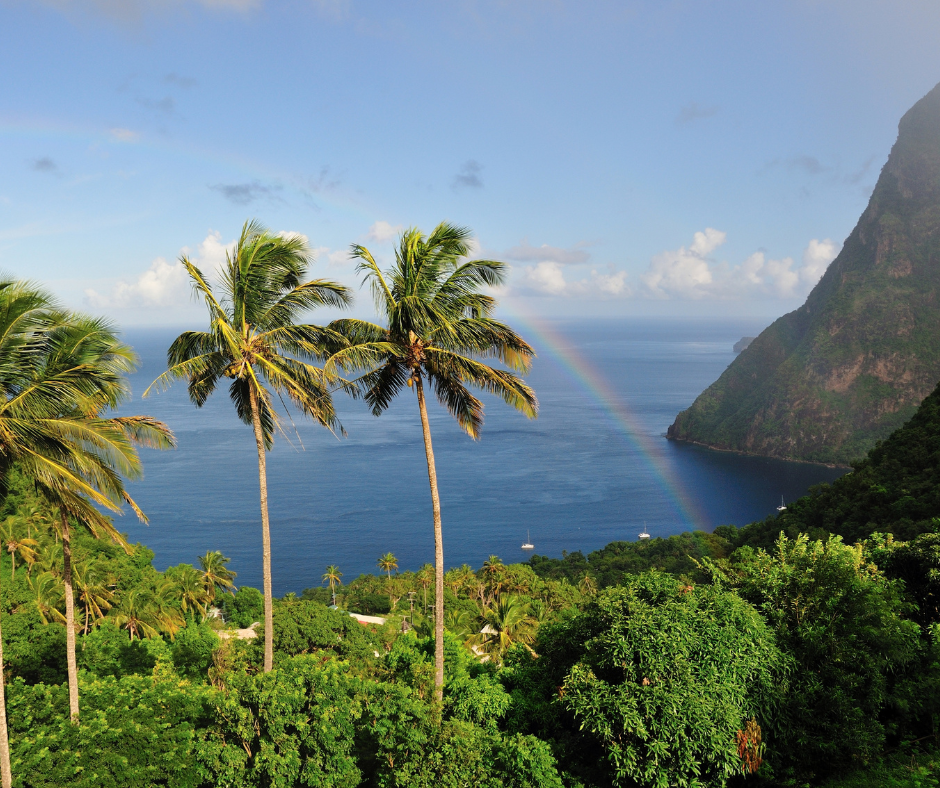
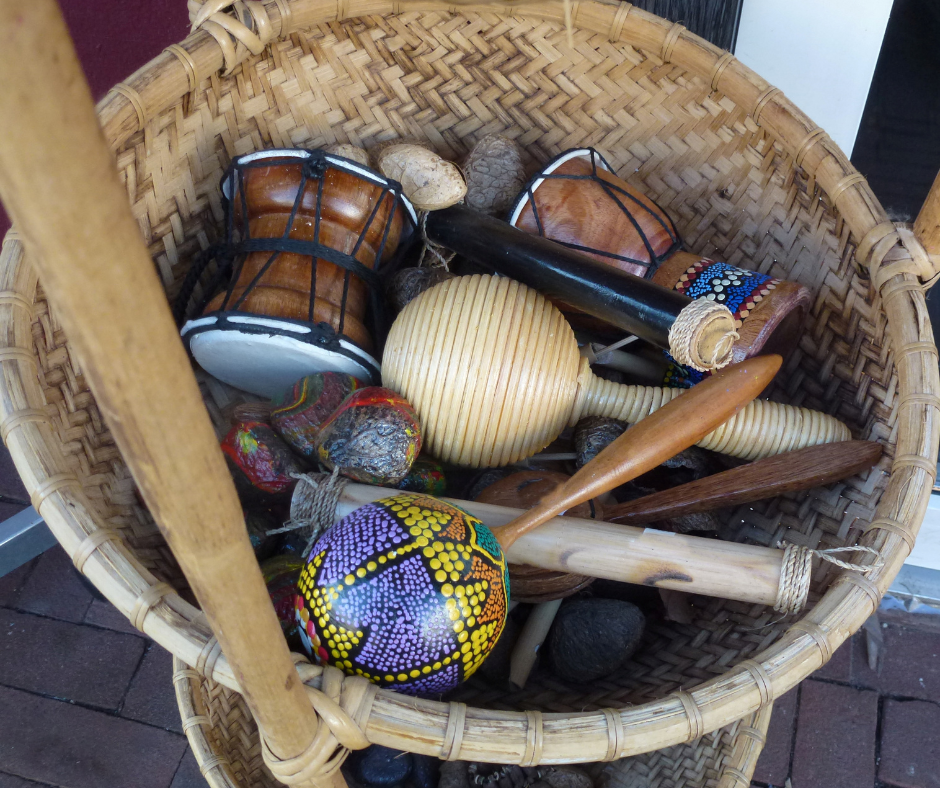
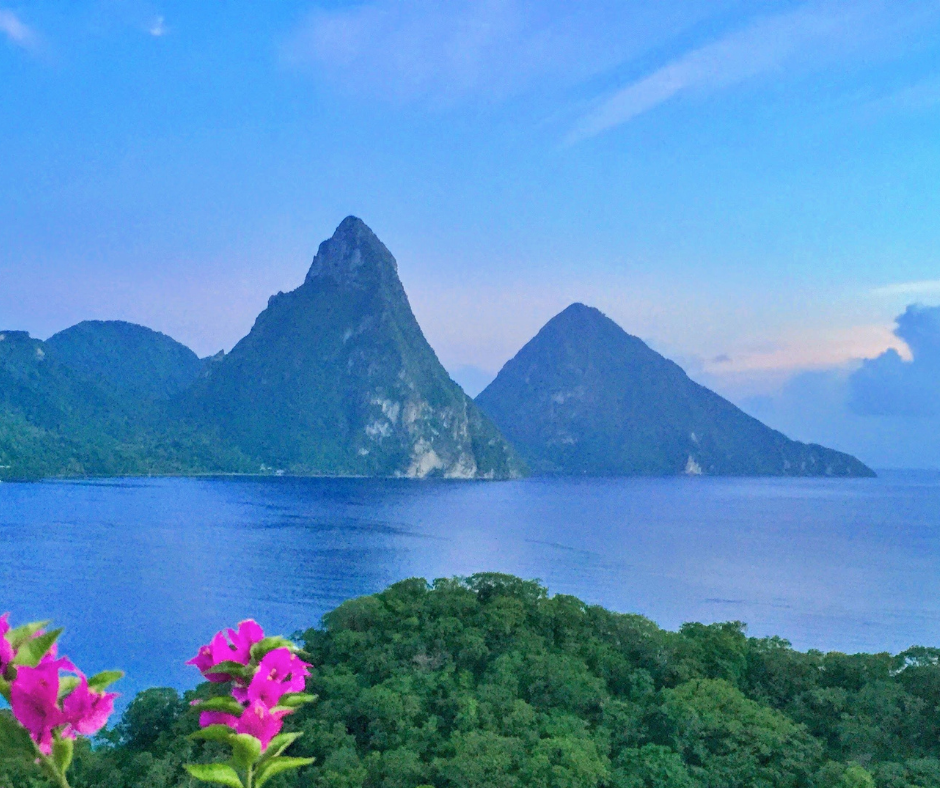
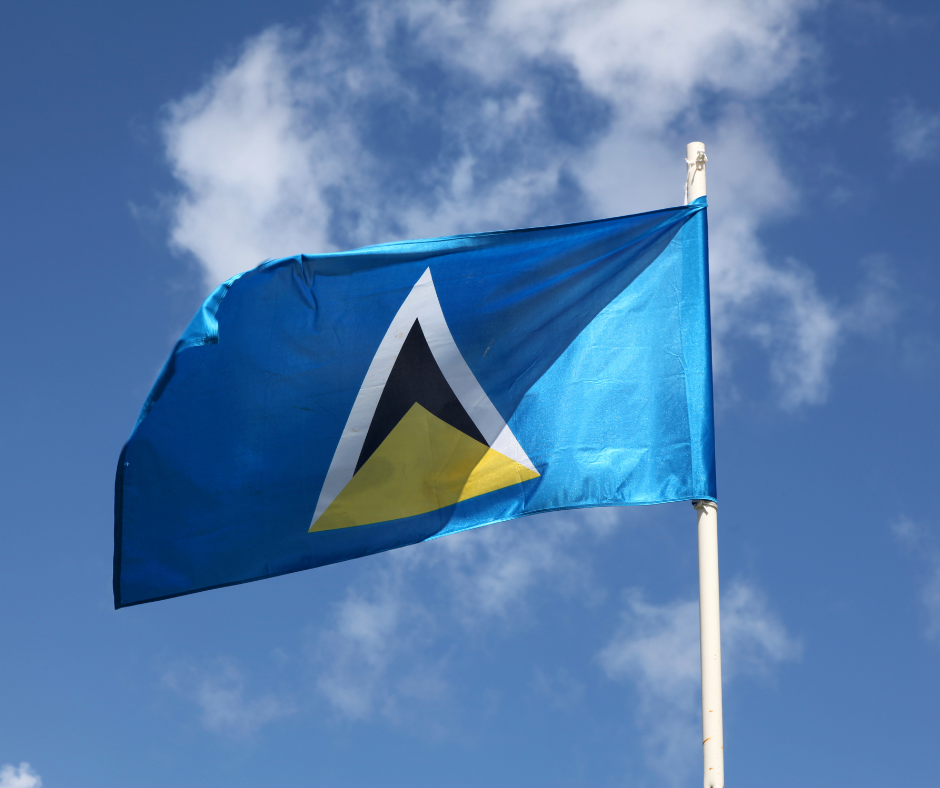
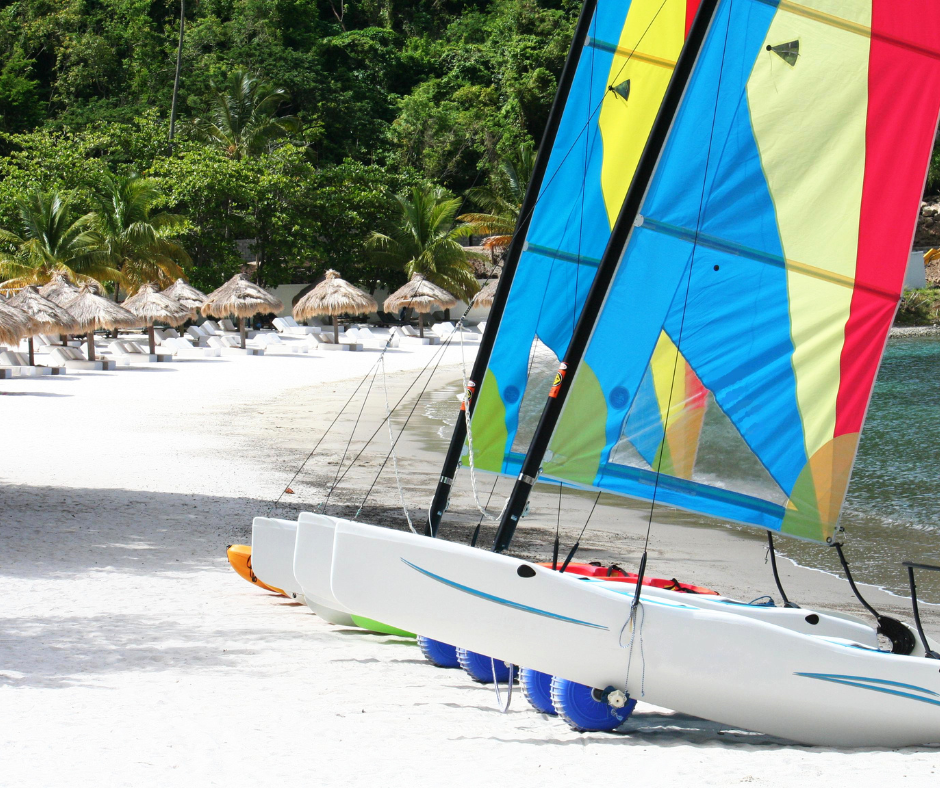
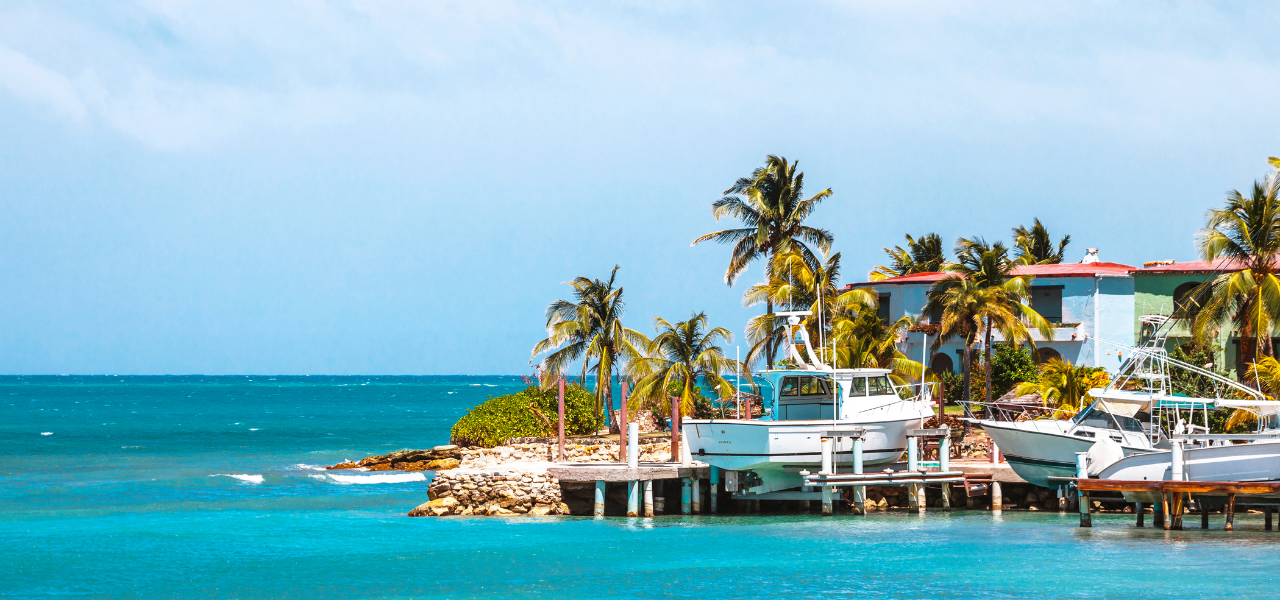
.png)

.png)